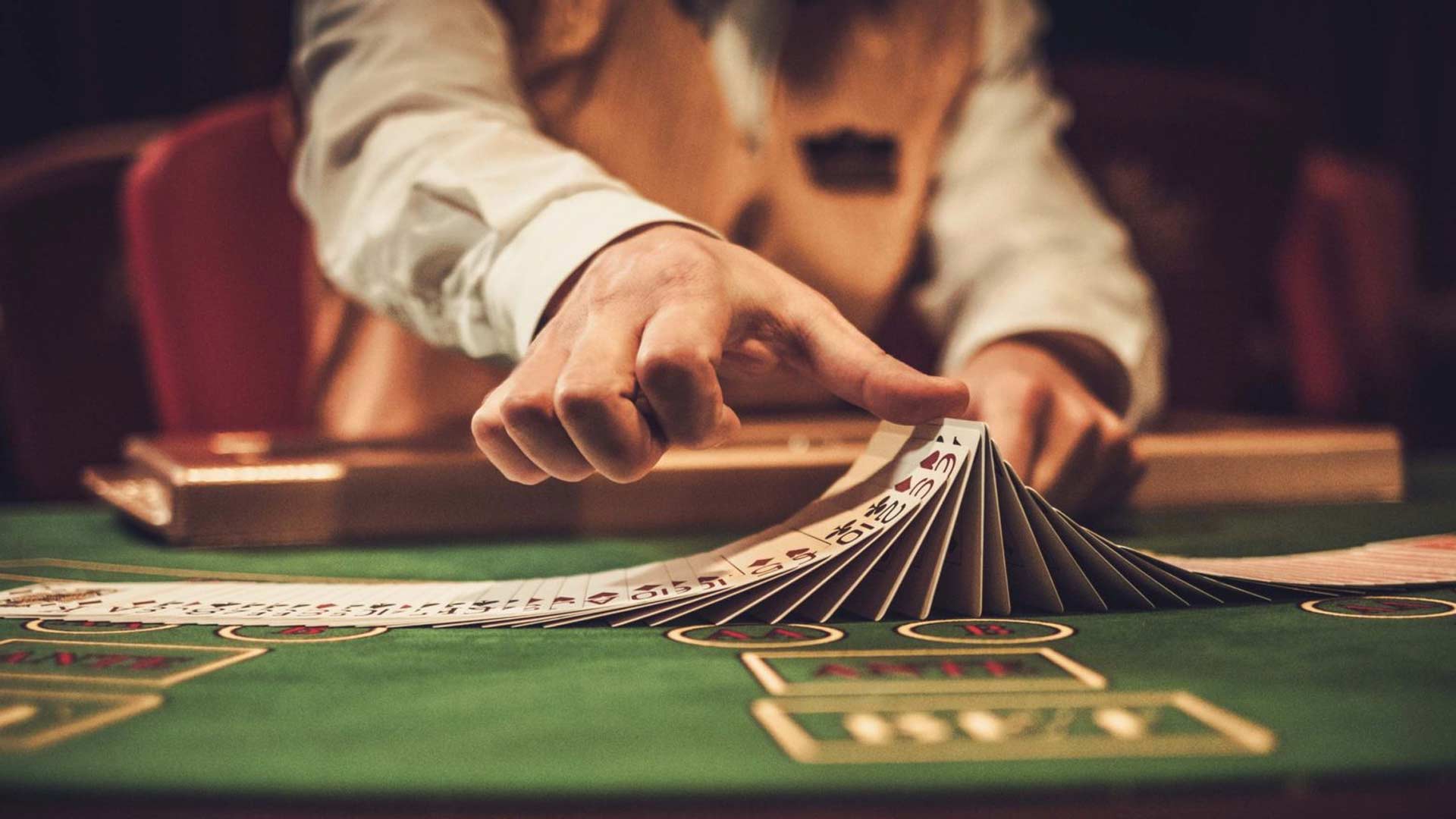Casinos and the Power of Human Risk

Casinos and the Power of Human Risk
The glittering lights, the rhythmic whir of slot machines, the hushed intensity around a poker table – casinos are meticulously crafted worlds designed to tap into one of humanity's most primal instincts: the desire for risk. More than just venues for `gambling`, these establishments are intricate psychological playgrounds, offering a fascinating glimpse into `human behavior`, `decision-making`, and our innate attraction to the unknown. The `power of human risk` is not merely about financial stakes; it's a deep-seated drive that has shaped our evolution and continues to define our experiences.
At the heart of the casino's appeal lies the intricate dance of `gambling psychology`. From a neurological perspective, the anticipation of a potential win, regardless of the `odds`, triggers a rush of dopamine in the brain – the same neurotransmitter associated with pleasure and reward. This neurochemical high can be incredibly compelling, driving individuals to pursue the thrill of the potential payout. It's an intoxicating mix of hope, excitement, and a touch of fear, all expertly managed by the casino environment to keep players engaged. The carefully orchestrated ambiance, from the absence of clocks to the constant flow of complimentary drinks, further enhances this immersive experience, blurring the lines between reality and the perceived potential for a life-altering win.
Different `casino games` cater to various facets of this risk-taking inclination. `Slot machines`, with their instant gratification and mesmerizing visuals, appeal to those seeking a simple, exciting chance. `Blackjack` and `poker`, on the other hand, demand strategic thinking and an understanding of `probability`, attracting players who enjoy the intellectual challenge alongside the financial risk. `Roulette`, with its pure chance and dramatic spins, offers a classic, unadulterated gamble. Each game presents a unique proposition of `risk assessment`, where players weigh potential rewards against the likelihood of loss, often guided more by intuition and emotion than by cold, hard statistics.
Despite the mathematical certainty that the house always has an edge, humans are remarkably adept at convincing themselves otherwise. Cognitive biases, such as the `gambler's fallacy` (believing past events influence future independent probabilities) or the `hot hand fallacy` (perceiving streaks of luck), play significant roles in sustained `gambling behavior`. The allure of the `jackpot` or the big win is so powerful that it can override rational thought, leading individuals to chase losses or continue playing far beyond their initial intentions. This fascinating interplay between rational calculation and irrational hope underscores the complex nature of our relationship with risk.
The modern era has seen the expansion of this human desire for risk beyond traditional brick-and-mortar establishments. The advent of `online casinos` has made `gambling entertainment` more accessible than ever before, allowing individuals to engage with their favorite `casino games` from the comfort of their homes. Platforms like m m88 slot exemplify this evolution, offering a vast array of virtual `slot machines`, table games, and live dealer experiences that replicate the thrill of the physical casino. This digital accessibility amplifies the convenience of engaging with risk, presenting new challenges and opportunities for both players and operators. The underlying psychological principles, however, remain unchanged: the human mind's fascination with chance and reward continues to drive engagement.
While the `thrill of winning` is undeniably a major draw, it's crucial to acknowledge the `pain of losing` and the importance of responsible `risk-taking`. Casinos, whether physical or `online`, are designed for `entertainment`, and like any form of entertainment involving financial stakes, they come with inherent risks. Understanding personal limits, setting budgets, and recognizing when to stop are vital aspects of maintaining a healthy relationship with `gambling`. For many, it's a social activity, a form of escapism, or a strategic challenge that provides an enjoyable outlet for their innate desire to engage with uncertainty.
In conclusion, casinos stand as powerful testaments to the enduring allure of `human risk`. They are not just buildings filled with games, but meticulously designed environments that tap into our deeply ingrained psychological wiring for reward, challenge, and the unknown. Whether it's the simple spin of a `slot` or the calculated bluff in `poker`, the universal appeal of `gambling` reflects a fundamental aspect of our humanity – our willingness to step into the uncertain, to test our luck, and to experience the potent cocktail of anticipation and outcome. The `power of human risk` will continue to draw us to these vibrant arenas, forever challenging our perceptions of control and chance.